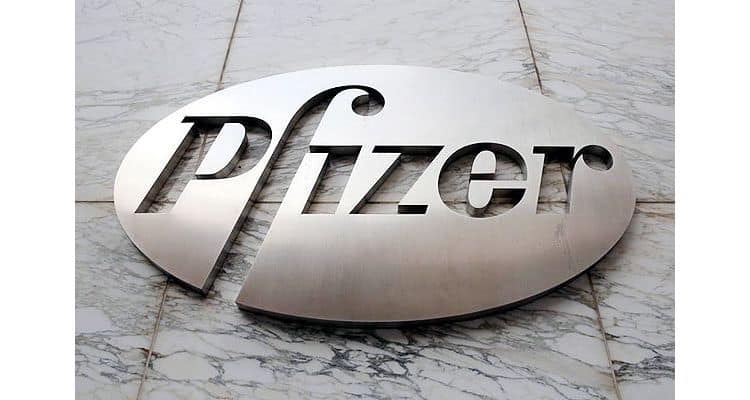Pfizer’s gene therapy for Haemophilia A receives positive topline results from Phase 3 Study
Giroctocogene fitelparvovec study meets primary and key secondary objectives of superiority compared to prophylaxis
Pfizer announced positive topline results from the Phase 3 AFFINE study (NCT04370054) evaluating giroctocogene fitelparvovec, an investigational gene therapy for the treatment of adults with moderately severe to severe haemophilia A.
The AFFINE study achieved its primary objective of non-inferiority, as well as superiority, of total annualised bleeding rate (ABR) from Week 12 through at least 15 months of follow-up post-infusion compared with routine Factor VIII (FVIII) replacement prophylaxis treatment. Following a single 3e13 vg/kg dose, giroctocogene fitelparvovec demonstrated a statistically significant reduction in mean total ABR compared to the pre-infusion period (1.24 vs 4.73; one-sided p-value=0.0040).
Key secondary endpoints as defined by the trial protocol were met and also demonstrated superiority compared to prophylaxis. 84 per cent of participants maintained FVIII activity >5 per cent at 15 months post-infusion (one-sided p-value = 0.0086) with the majority of participants having FVIII activity ≥15 per cent, and the mean treated ABR showed a statistically significant 98.3 per cent reduction from 4.08 in the pre-infusion period to 0.07 post-infusion (from Week 12 up to at least 15 months [15-44 months]; one-sided p-value < 0.0001). Throughout the study, among all dosed participants, one participant (1.3 per cent) returned to prophylaxis post-infusion.
In the AFFINE study, giroctocogene fitelparvovec was generally well tolerated. Transient elevated FVIII levels ≥150 per cent were observed in 49.3 per cent of dosed participants, as measured via chromogenic assay, with no impact on efficacy and safety results. Serious adverse events were reported in 15 patients (20 per cent), including 13 events reported by 10 patients (13.3 per cent) assessed as related to treatment. Treatment-related adverse events are generally resolved in response to clinical management.
Giroctocogene fitelparvovec is a novel, investigational gene therapy that contains a bio-engineered AAV6 capsid and a modified B-domain deleted human coagulation FVIII gene. The goal of this investigational treatment for people living with haemophilia A is that a single infusion of giroctocogene fitelparvovec may allow them to produce FVIII themselves for an extended period, providing bleed protection and reducing the need for routine prophylaxis with intravenous (IV) infusions or injections.
In this Phase 3 study, eligible study participants were initially enrolled in a lead-in study (NCT03587116) and upon successful completion, were enrolled into the AFFINE study where they received a one-time 3e13 vg/kg dose of giroctocogene fitelparvovec by IV infusion. Participants in the AFFINE study were screened with a validated assay designed to identify individuals who tested negative for neutralising antibodies to the gene therapy vector. Clinical study participants will be evaluated in AFFINE over five years, and up to a total of 15 years as part of a long-term follow-up study.
Analyses of the full Phase 3 dataset from the AFFINE study are ongoing and additional data will be presented at upcoming medical meetings. Giroctocogene fitelparvovec has been granted Fast Track and Regenerative Medicine Advanced Therapy designations from the US FDA, as well as Orphan Drug designations in the US and the European Union. Pfizer will discuss these data with regulatory authorities in the coming months.
Pfizer recently received FDA approval for BEQVEZ (fidanocogene elaparvovec), its haemophilia B gene therapy. BEQVEZ is also approved in Canada and is awaiting a decision from the European Commission following a positive opinion from the EMA’s Committee for Medicinal Products for Human Use in May 2024. Additionally, regulatory submissions for marstacimab are currently under review by the FDA and the EMA. Marstacimab is a potential novel subcutaneous therapy being studied for the treatment of people with haemophilia A and B with and without inhibitors. Pfizer announced the acceptance of the regulatory filings for the without-inhibitors cohort in December 2023.


